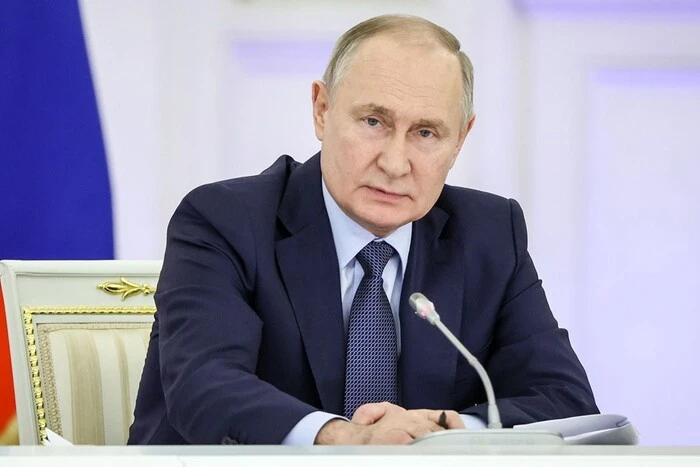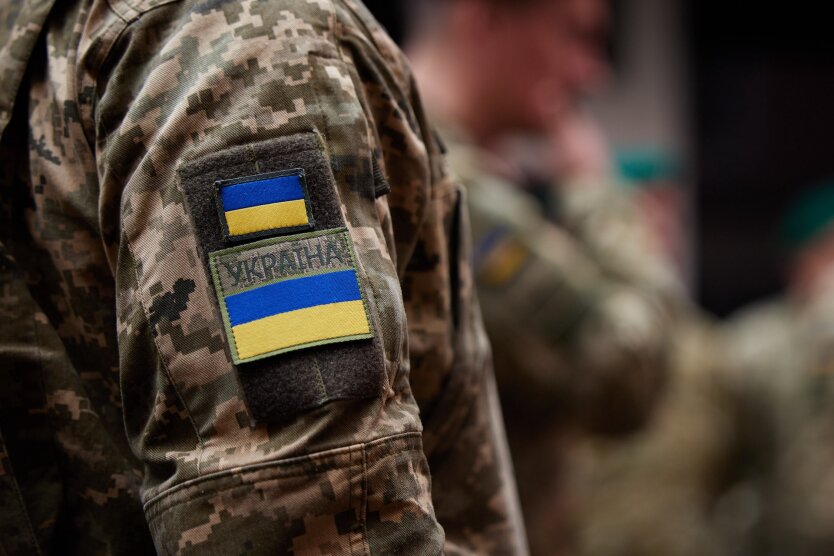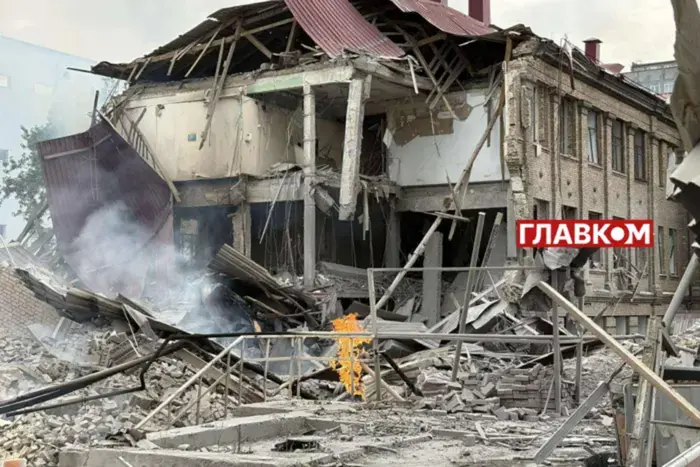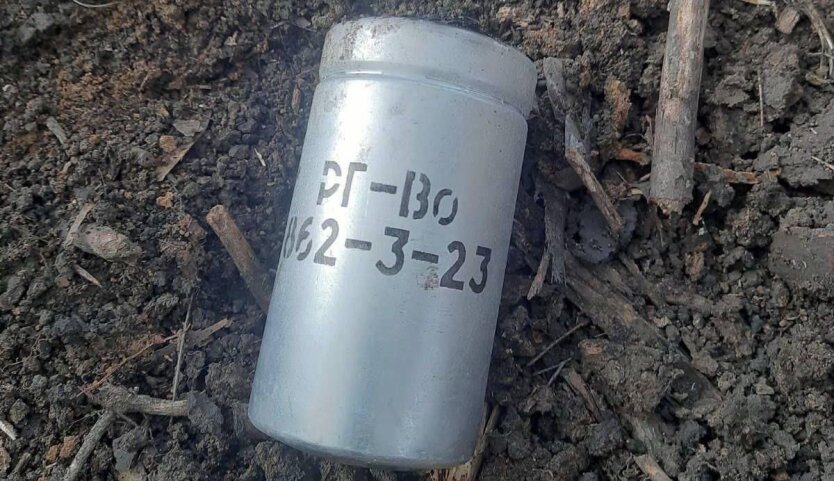The IMF predicted when the war in Ukraine will end.

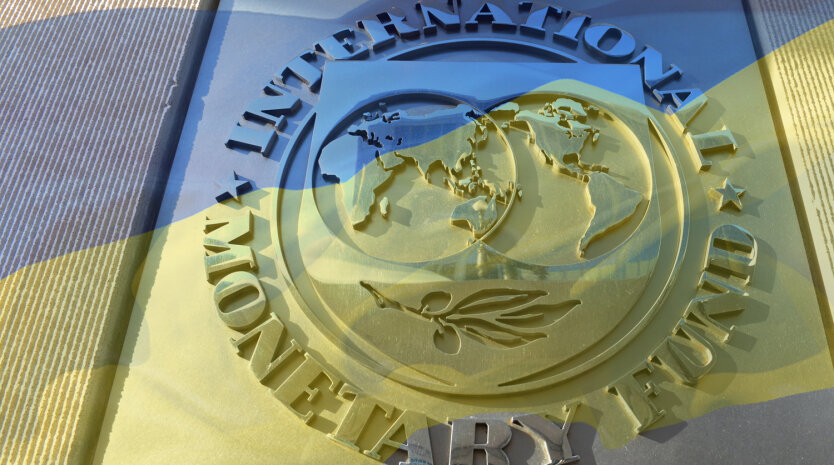
Experts from the International Monetary Fund updated their forecast for the duration of Russia's war against Ukraine.
According to the baseline scenario, the timing of the end of intensive hostilities remains unchanged.
'The scenario still assumes that the war will end by the end of 2025, and assumptions regarding the development of the energy sector and key political objectives remain unchanged,' the document states.
In particular, the baseline scenario provides for:
- The real GDP of Ukraine is expected to grow by 4% in 2024. This is a more optimistic outlook than the previous IMF forecast, which in October predicted a growth of 3%.
- The economic consequences of the winter energy deficit may be limited, despite recent attacks, thanks to business investments in their own generating capacities, increased import potential from Europe, and efforts to repair and install additional generating and distribution capacities.
- The expected inflation rate by the end of the year has been revised upward and now stands at 10%, which is one percentage point higher than the previous forecast. The main reason for the increase was the persistent rise in prices for unprocessed food products. This increase has also affected the cost of basic food items. Additional inflationary pressure is created by rising labor costs and increasing energy prices.
As for 2025, the revision of the baseline scenario is minor compared to October.
The expected growth of real GDP remains in the range of 2.5-3.5%. On one hand, the economy will be supported by the accelerated recovery of the energy sector in 2024 and the launch of new capacities in 2025. On the other hand, this positive effect will be offset by the labor market situation, where there is a shortage of labor. At the same Time, a tight labor market contributes to salary growth, which increases household incomes and consumption, especially against the backdrop of expected easing of price pressure in the second half of the year.
Meanwhile, the average inflation level has been revised upward by 1.3 percentage points to 10.3%. It is expected that predominantly temporary inflationary pressure will ease, leading to an inflation rate of 7% by the end of the year.
Regarding the medium-term outlook, the forecasts for the main economic variables have changed little. According to recovery expectations, real GDP growth will rise in the years following the war before gradually approaching its potential of 4%. As noted, inflation will gradually approach the NBU's target level of 5% by 2027, with reduced volatility associated with the war.
It should be noted that the IMF will consider allocating another billion-dollar tranche to Ukraine.
Read also
- Putin explained why he killed dozens of peaceful people in Kyiv on June 17
- Inventors in the Armed Forces of Ukraine to Receive Money: The Ministry of Defense Will Introduce a Reward System
- The EU has finalized the dates for approving a new sanctions package against Russia
- The Russian Federation scaled up the production of Shaheds. A military expert explained how Ukraine can protect itself
- The Defense Forces explained why the enemy uses chemical weapons
- Kellogg Seeks Key to Peace in Ukraine with Lukashenko: Trump's Man to Visit Belarus

